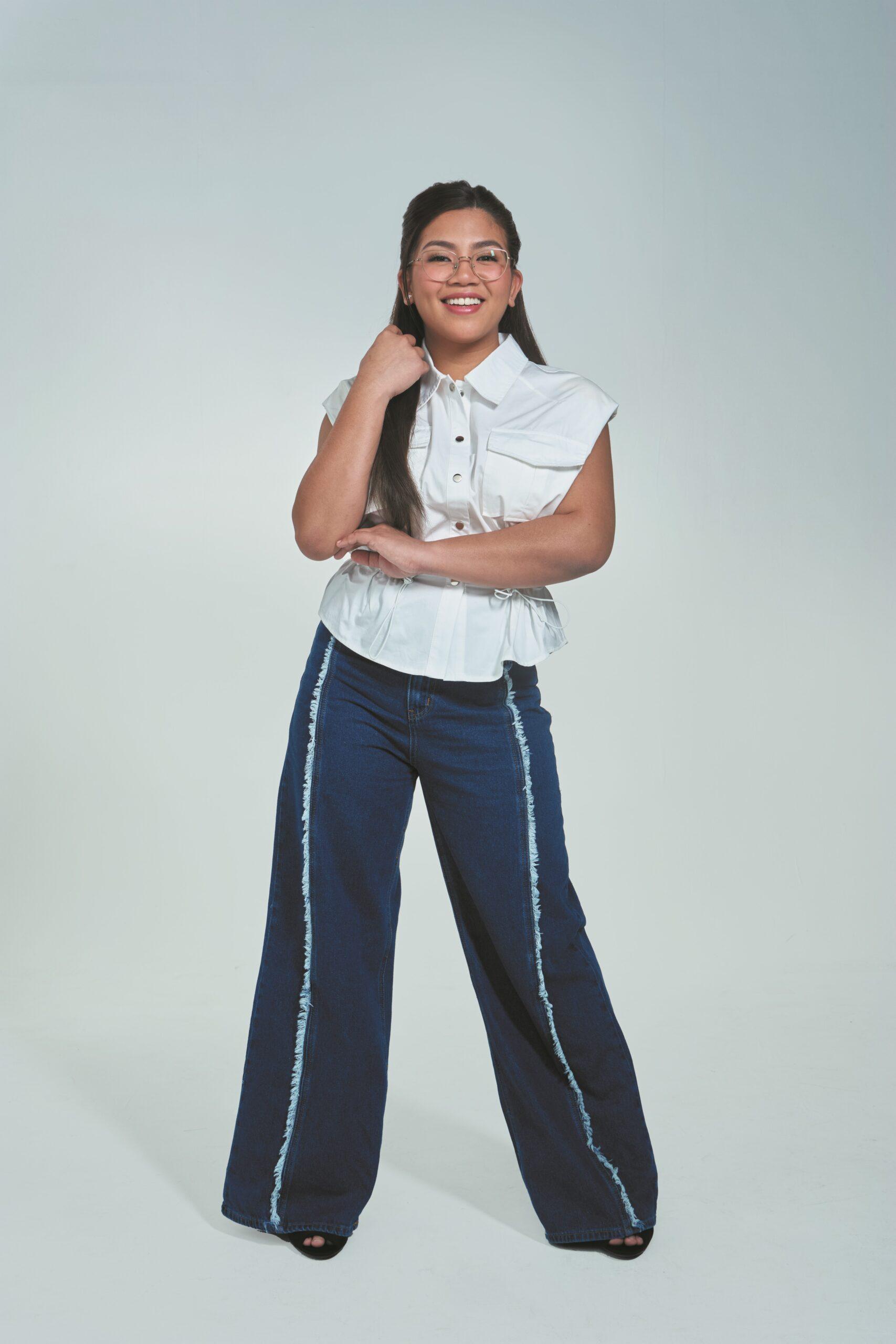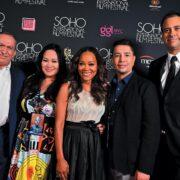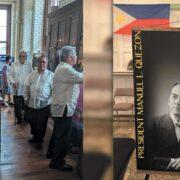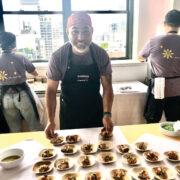Author Cristie Locsin writes about change and possibilities in “The Value of Equality”
WHEN writers make fiction, many would expect that they would go beyond what is expected of them purely because they have more room for imagination. For first time author Cristie Locsin, she had that in mind when she wrote “The Value of Equality” — that, with fiction, she would have freedom to create her own story. However, she did not go very far as she decided to stay close to her Filipino roots.
“The Value of Equality” tells the story of the hacienderos of the Philippines in the late 1960s, when times were turbulent with rebel groups vying for political reformation and new leadership. The first book of a proposed trilogy, it is inspired by the experiences of Locsin’s father and grandfather.
In 1969, the powerful hacienderos in the province of Azusa were known for creating politicians. Daria Hernandez, a haciendero’s daughter, loved her father’s land and the workers. She paved the way for the ambitious and idealistic Mayor Vasquez to lead the country into a new form of government.
Locsin explained that she chose to write historical fiction because she’s a big fan of alternate history genre. “It’s my imagination’s interpretation of a what-if scenario,” she said.
She also clarified that readers might try to find similarities with the story’s characters and/or storyline. “The farmers and workers are part of the characters in the book. As for the past and current situation [in the Philippines], situation is different,” she said. “Agrarian reform has ended the patriarchal or matriarchal root of the landlord and former relations, which erased the sense of family, responsibility and care.”
In spite of the Filipino-inspired and background of the story, Locsin reiterated that her book’s message is universal, as it focuses on the political happenings not only in the Philippines but in other countries as well.
“Don’t let the cover of the book fool you. The theme for my book is universal,” she said and then added, “It is about love and sacrifice. It also dabbles on historical settings with politics on the side. The backdrop for the novel is a setting and culture that few can remember. It is also a sub-culture to the traditional Filipino culture that is presented in a lot of novels.”
She also talked about change, which seems to be part of the “The Value of Equality.” In the book, the readers may perceive that change happens all the time — whether good or bad.
“…It’s [change] a word that seems to have lost its significance and meaning. It is overused in my opinion,” she explained and then continued, “I don’t think things have changed much. History does have the tendency to repeat itself. A journalist once shared with that change is like billiard balls struck by a poor pool player. The vigor of the stroke seldom coincides with the direction intended.”
With roots from Silay City, Negros Occidental, Locsin holds a journalism degree from California State University-Northridge and hails from a family of writers. Her uncle (her father’s brother), Teodoro Locsin Sr., was a highly respected journalist and publisher of The Philippines Free Press Magazine. His son, Teodoro “Teddyboy” Locsin, Jr. is also a well-known journalist and columnist.
As a first time book author and publisher, she admits that there were challenges that she had to hurdle through, one of which is editing. “I have to thank my editing team for their hard work,” she said. “As an author or for me at least, it was difficult to edit my own work. What’s on my mind at times, reflects differently on paper.”
She also has this advice to aspiring writers: “Write your heart out. Write the story you want to tell. Do not allow discouragement and negativity to stop your creativity. After you write your story, be confident and don’t let the money and sales rank be your guide for your success. Everyone is entitled to their interpretation of your story so accept the criticism that can help you improve and let go of all the worthless negativity.”
*”The Value of Equality” is available in hardbound, paperback and electronic copy. It is available on Amazon and Barnes and Noble in all formats including E-books for Kindle, Nook and Ibooks. For bulk and distribution, please contact Authorhouse (http://bookstore.authorhouse.com/Products/SKU-001121174/The-Value-of-Equality.aspx). The novel was also released in the United Kingdom, Europe, Saudi Arabia, Venezuela and South Africa, as well as Japan and China. It is not yet available in the Philippines.





